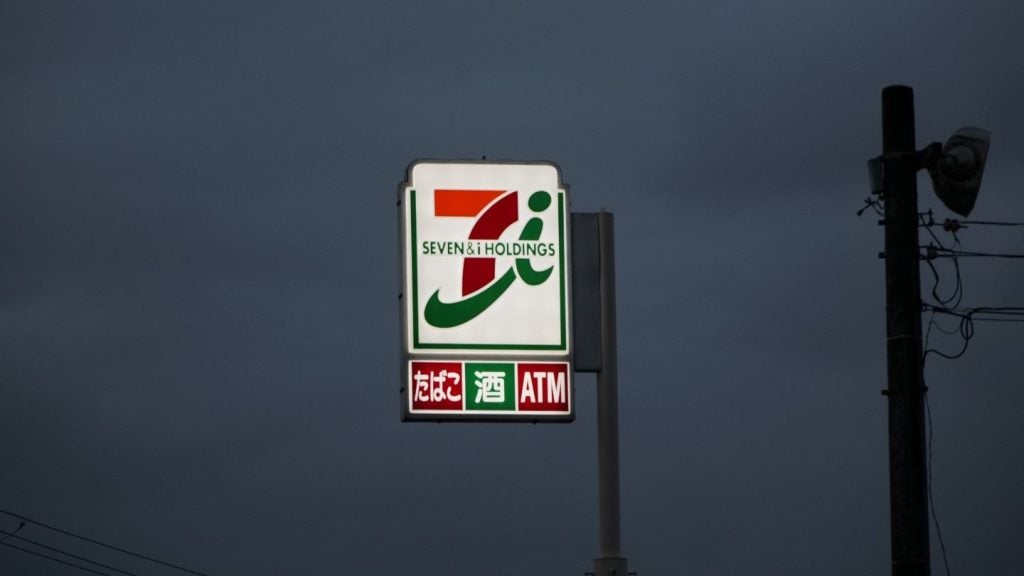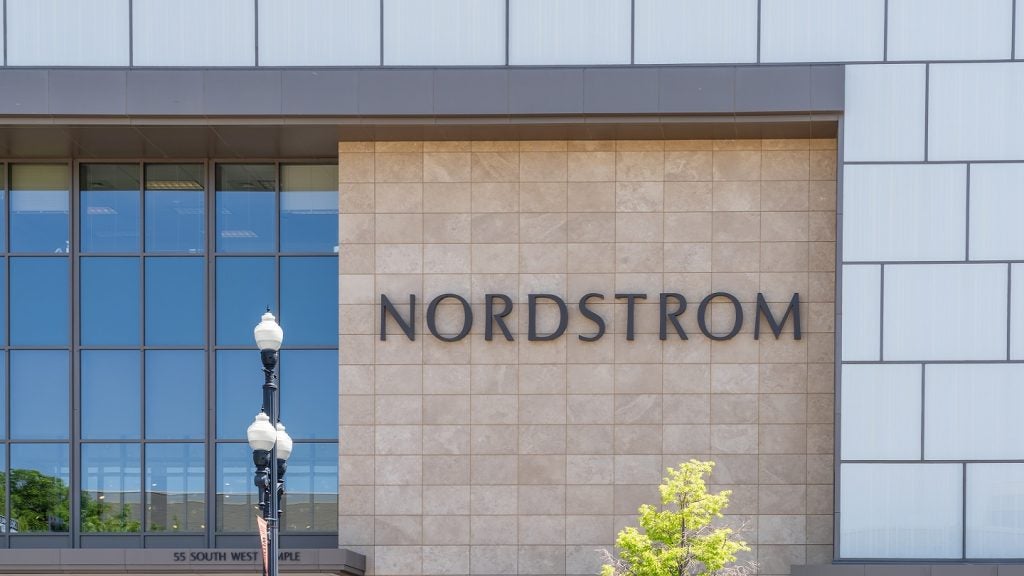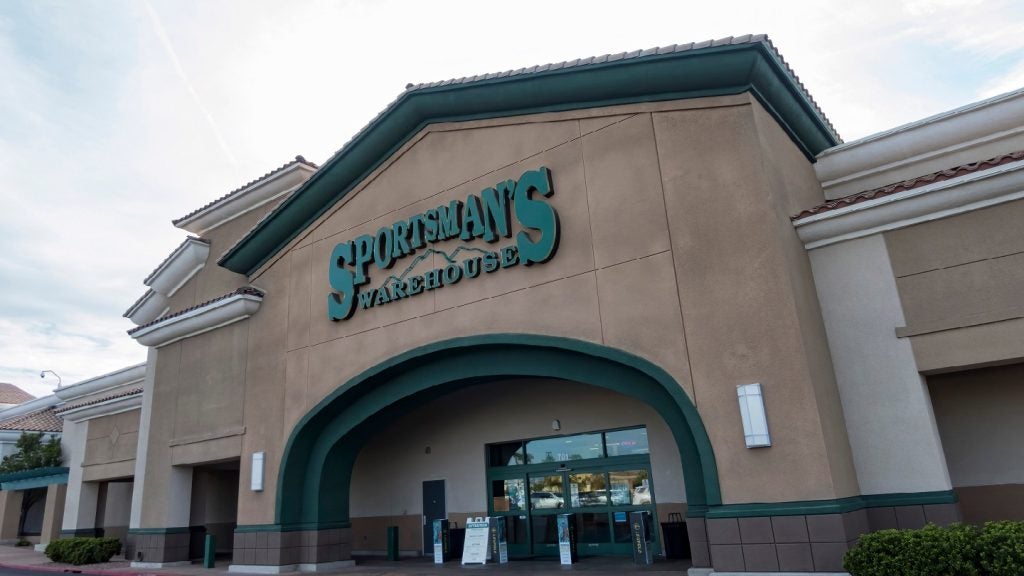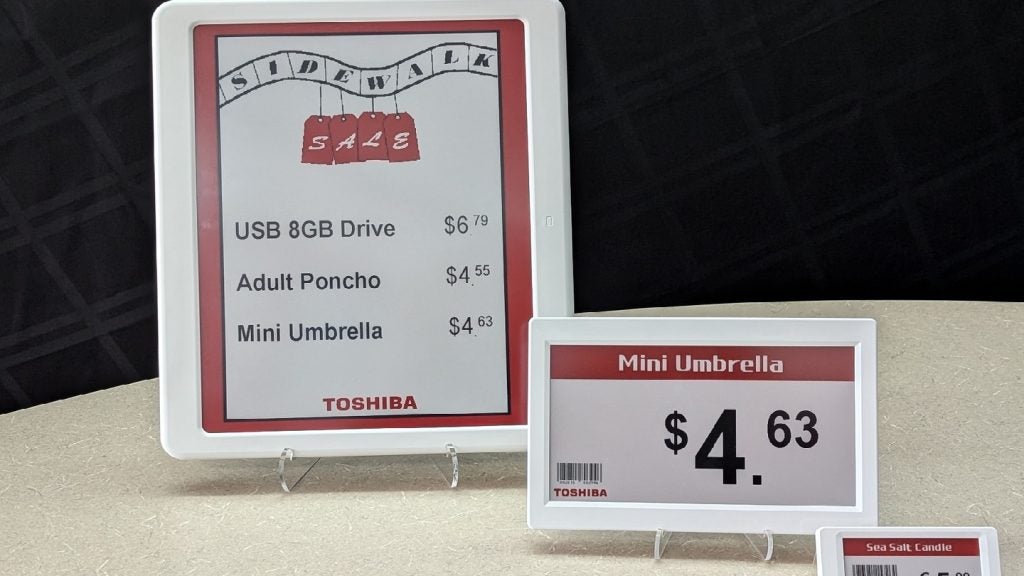The Canadian convenience store giant, Alimentation Couche-Tard, is facing a growing challenge in its pursuit of Japan's Seven & i Holdings.
The rapid appreciation of the Japanese yen has significantly increased the cost of the acquisition, adding to the already complex deal, Bloomberg reported.
Since early July this year, the yen has surged by nearly 11% against both the US dollar and the Canadian dollar.
This surge is expected to continue as Japan's interest rate gap with other countries narrows.
For Couche-Tard, a foreign bidder, this means a more expensive target.
The proposed takeover, which would be the largest foreign acquisition of a Japanese company, has already raised concerns about funding and the potential for government intervention.
The yen's strength now presents an additional hurdle.
According to Bloomberg, one mergers and acquisitions expert in Tokyo even suggested that the rising yen could give Seven & i the opportunity to make a reverse takeover offer.
This would involve Seven & i acquiring Couche-Tard instead of the other way around.
Couche-Tard has not disclosed the specific terms or price of its offer, but analysts estimate the potential deal value to be around Y9.8trn ($39bn).
This figure is based on a valuation multiple similar to Couche-Tard's previous acquisition of CST Brands.
As the yen continues to strengthen, the feasibility of Couche-Tard's bid becomes increasingly uncertain.
The Canadian company will need to carefully assess the potential risks and rewards before proceeding with the acquisition.
Furthermore, a Japanese senior finance ministry official has also clarified that domestic companies cannot use the country’s national security as a pretext to block foreign takeovers.
The statement came amid rumours that convenience store chain 7-Eleven’s owner Seven & i Holdings was pursuing 'core' classification under the Foreign Exchange and Foreign Trade Act to avoid the buyout.















